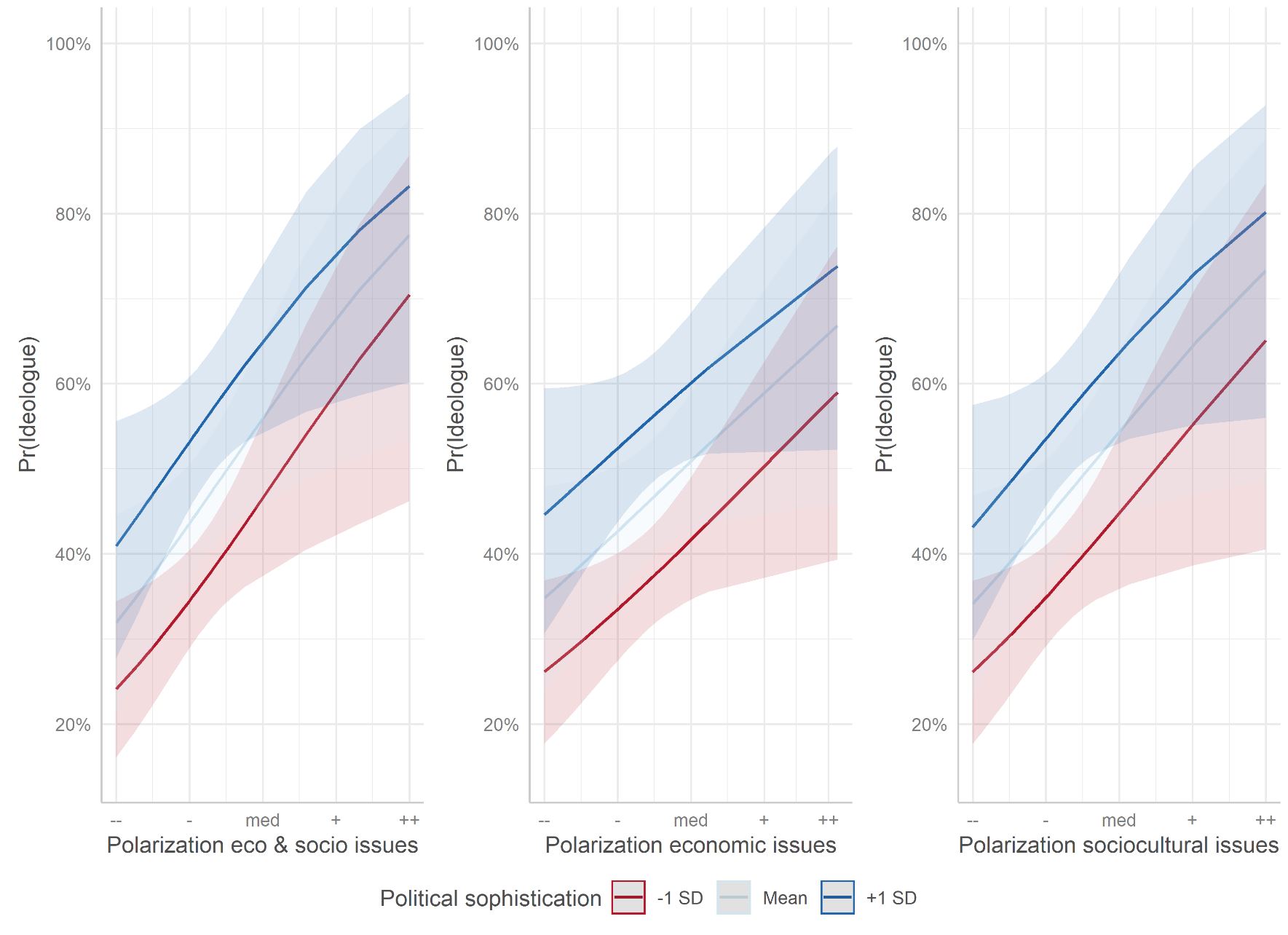EVS at ESRA23

Several members of the European Values Study participated in the 10°Conference of the European Survey Research Association, held in Milan from 17 to 21 of July, 2023. More than 900 scholars attended the biennal event.

Panel discussion “Survey research post-pandemic: What is it becoming?”
Ruud Luijkx, Chair of the Executive Committee of EVS participated in the panel discussion “Survey research post-pandemic: What is it becoming?”, chaired by Gerry Nicolaas (National Centre for Social Research).
The panel discussion will bring together experts in the field to share insights about the changing survey landscape and the impact that this is having on survey practice. The panel will explore how advances in technology and changes in societal norms are changing the way surveys are designed and implemented. Even before the pandemic, we were already witnessing a shift from traditional interviewer-administered surveys to online surveys, either as a stand-alone mode or embedded within a mixed mode system including face-to-face, telephone and paper. The panel will reflect on the impact of Covid-19 on these advances and changes. This includes discussing the challenges and opportunities that have arisen from conducting surveys during a pandemic, and to what extent these will continue to shape the future of survey research. The panel will discuss how survey practitioners and researchers can navigate current challenges and opportunities to ensure that their surveys remain robust, efficient, and effective in providing high-quality data and insights that can inform decision-making processes.
Panel Participants:
- Brad Edwards, Vice President, Westat, Large Surveys Practice
- Rory Fitzgerald, Professor of Practice in Survey Research, City, University of London
- Ruud Luijkx, Associate Professor, Department of Sociology, Tilburg University
- Caroline Roberts, Assistant Professor in Survey Methodology, University of Lausanne
- Christof Wolf, President, GESIS Leibniz Institute for the Social Sciences
Values Surveys Sessions
The European Values Study and the World Values Survey continue their cooperation also in dissemination activities. The two research group proposed the session “European Values Study and World Values Survey: Exploring New Survey Findings and Addressing Methodological Challenges”.
The session, organized by Vera Lomazzi, Kseniya Kizilova, and Ruud Luijkx, welcomed proposals addressing substantive and/or methodological aspects of value research making use of the EVS/WVS data -solely or in combination with other types of data- to address a broad scope of issues, including political culture and political attitudes, support for democracy and political participation, perceptions of gender equality and moral values, identity and trust, civil society, corruption, solidarity, and migration among the others.
Wednesday 19 July, 09:00 – 10:30
Misogynistic Gender Ideologies and the Participation in Clubs Sports: A Comparative Perspective based on the World Value Survey and the European Values Study – Mr Simon Lütkewitte (Bielefeld University )
The Gender Value Gap: Evidence from the World Values Survey – Dr Natalia Soboleva (LCSR HSE University), Dr Plamen Akaliyski (University Carlos III of Madrid), Professor Michael Minkov (Varna University of Management)
European Attitudes towards Same-sex Parenting and Adoption by Same-sex Couples – Dr Ivett Szalma (Centre for Social Sciences), Professor Judit Takács (Centre for Social Sciences)
Double Trouble? The Interplay of Political Ideology and Religiosity in Shaping Attitudes towards Abortion in a Comparative Global Perspective – Dr Giulia Maria Dotti-Sani (University of Milan), Dr Jessica Rosco (University of Milan)
Postmaterialism and Value Change: An Age-Period-Cohort Analysis of the US, Japan, Turkey and China – Professor Ming-Chang Tsai (Academia Sinica)
Thursday 20 July, 9:00 – 10:30
Separating cross-cultural and cross-national: an investigation of moral differences using the European Values Study – Miss Anastasiia Volkova (University of Helsinki)
Religiosity, religious context, and intolerance: A cross-survey comparison – Ms Andrea Turković (Università degli Studi di Milano Statale)
Different Methods, But Same Results? A Comparison of Causal Forest and Propensity Score Matching on Health Disparities Between Natives And Migrants – Mr Manuel Holz (TU Chemnitz), Ms Sandra Jaworeck (TU Chemnitz)
Do Mode and Design Matter? Comparability and Representation between Face-to-Face and different designs of Push-to-Web using substantive research questions – Dr Michael Ochsner (FORS), Dr Jessica M. E. Herzing (University of Berne), Mr Alexandre Pollien (FORS), Dr Michèle Ernst Staehli (FORS)
Co-nationals, first! How national identity and perceived threats matter in native favouritism – Dr Simona Guglielmi (University of Milan)

















